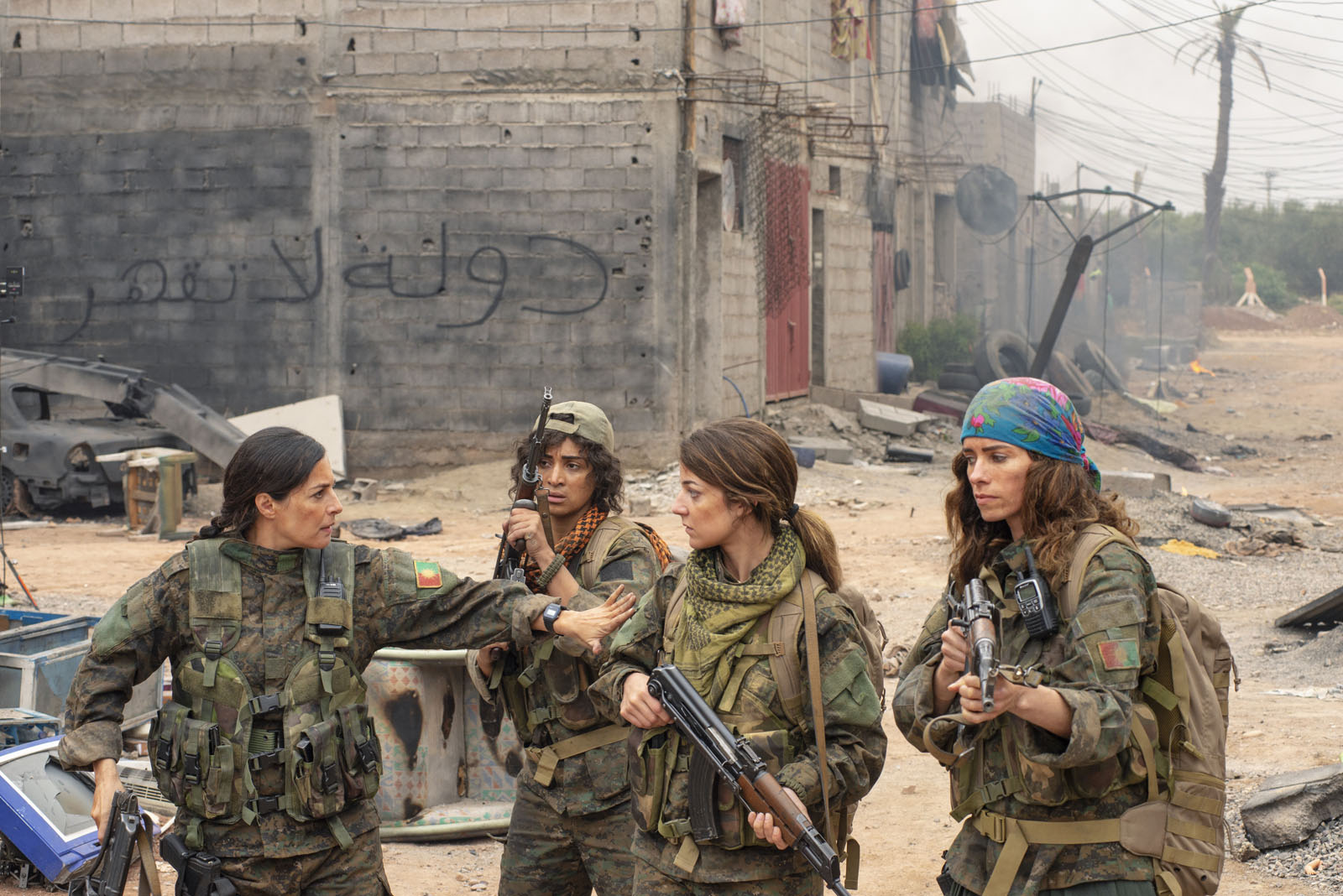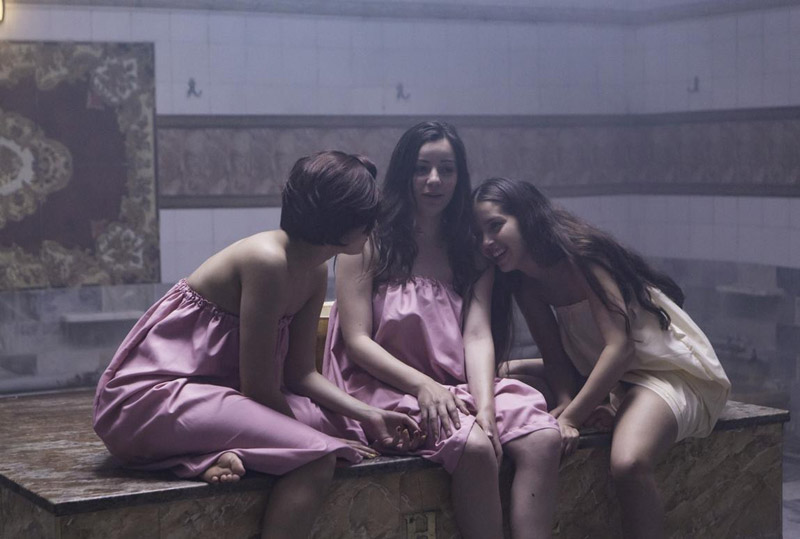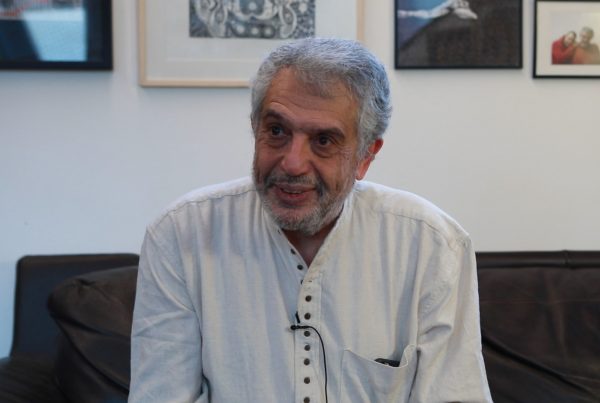Sœurs d’Armes & Papicha
Both if Caroline Fourest’s and Mounia Meddour’s movies chose a general public and efficient kind of cinema to promote female empowerment in the face of islamism.
Explainations.
By Jacques Braunstein
![]() Reading Time 5 min.
Reading Time 5 min.
A feminist activist and a committed essayist, Caroline Fourest directed her first movie that does not really match her resume. Soeurs d’Armes is a sort of Expendabeauty — the female sequel of The Expendables, the series of Sylvester Stallone action movies. Metropolitan, the distributor of Stallone’s movies is actually a producer of Fourest’s. It is a buddy movie, exalting the rough sorority of an international squad of the Kurd army in Syria. Nicknames, punch lines and banter… the movie shows the camaraderie of a group of woman with strong characters. A Yezidi, former sex slave for Daesh, a sniper from the American army…Make up a commando lead by a harsh Kurd, Amira Casar, who is flawless.

Her goal? Make suburban girls want to kick some islamist ass.
Fourest manages both the action scenes and the characterization of the vilain — a blue-eyed war leader for ISIS straight from England (played by Mark Ryder, seen in Borgia). The movie is the opposite of the stringy and aesthecizing Les Filles du Soleil, directed by Eva Husson, which came out last year. Her goal? Make suburban girls want to kick some islamist ass. Through the characters played by Camelia Jordana, who joins the squad with a French Jewish girl (Esther Garrel) who served in Israel. Camelia Jordana is used as the threshold of the movie. Her drive to fight is explained by the fact that her sister was killed by islamists during the civil war in Algeria.

A sensible first movie, activist and effective, supported by an actress with an intense energy
And this detail links the movie to another feminist film and that came out this week. Papicha is not an action movie. Its pitch could be one of a teenage tv show anywhere in the world. Nedjma draws and creates dresses that she sells to her clubbing girlfriends (the Papichas of the movie title), and she dreams of putting up a fashion show in the student home where she lives. Except that Mounia Meddour’s movie takes place during the civil war in Algeria during the 90s. Islamists are campaigning for woment to cover themselves head to toe, and don’t hesitate on using violence to force their views on women. A sensible first movie, activist and effective, supported by an actress with an intense energy (Lyna Khoudri, also featured in Les Sauvages ). After being presented in the Un Certain Regard competition in Cannes this year, Papicha was supposed to run for the Oscars ( a preselection disputed by the fact that it still isn’t out in Algeria). These two movies have in common that they clearly made the choice of a mainstream cinema to talk about islamism to the ones that have to endure it. And not to solely address a chosen and already convinced audience. An approach that deserves to be praised.
Voir aussi


